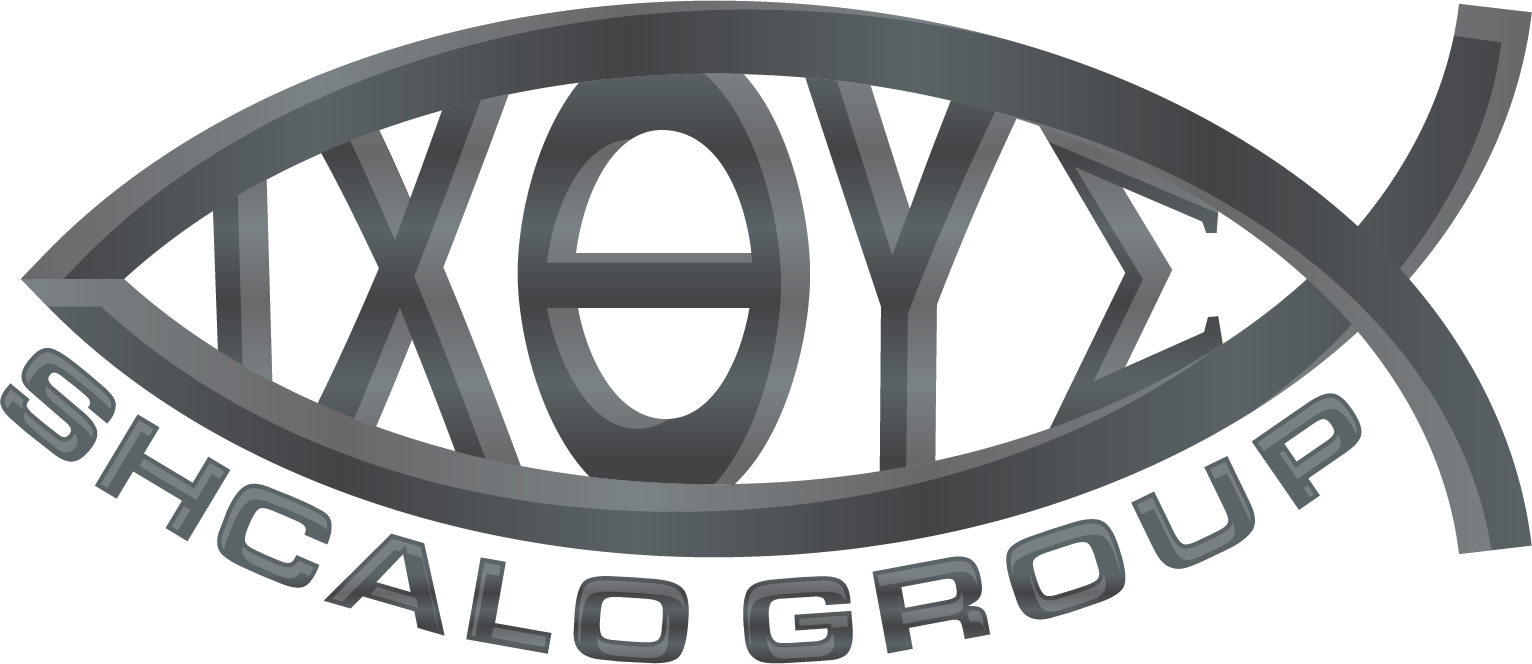Transportation Management (TM) refers to the planning, execution, and optimization of the physical movement of goods and people. It involves a range of activities and processes aimed at ensuring efficient, cost-effective, and reliable transportation services. TM is a critical component of supply chain management and logistics.
Key Components of Transportation Management
Planning and Scheduling:
o Route Optimization: Determining the most efficient routes for transportation to minimize travel time, fuel consumption, and costs.
o Load Planning: Ensuring vehicles are loaded to their optimal capacity to maximize efficiency and reduce costs.
Execution:
o Dispatching: Coordinating the departure of vehicles and drivers to ensure timely delivery and pickup.
o Tracking and Monitoring: Using GPS and other tracking technologies to monitor the real-time location and status of shipments and vehicles.
Optimization:
o Cost Management: Managing transportation expenses through effective planning, negotiation with carriers, and leveraging economies of scale.
o Performance Analysis: Analyzing transportation data to identify areas for improvement and implementing strategies to enhance efficiency and service quality.
Regulatory Compliance:
o Ensuring all transportation activities comply with local, state, and federal regulations, including safety standards, environmental regulations, and labor laws.
Technology Integration:
o Utilizing Transportation Management Systems (TMS) and other software solutions to streamline operations, improve communication, and enhance decision-making.
Benefits of Effective Transportation Management
• Cost Reduction: Optimizing routes, load planning, and carrier selection to lower transportation costs.
• Improved Efficiency: Enhancing the speed and reliability of deliveries through better planning and execution.
• Enhanced Customer Satisfaction: Providing timely and reliable transportation services to meet customer expectations.
• Better Resource Utilization: Maximizing the use of vehicles and other resources to increase productivity.
• Increased Visibility: Real-time tracking and monitoring provide greater visibility into the status of shipments and overall transportation operations.
Applications of Transportation Management
• Freight Transportation: Managing the movement of goods via road, rail, air, or sea.
• Passenger Transportation: Coordinating the movement of people through public transit systems, ride-sharing services, and private transportation.
• Supply Chain Management: Integrating transportation management with other supply chain activities to ensure seamless operations from production to delivery.
• Logistics Services: Providing third-party logistics (3PL) and fourth-party logistics (4PL) services to businesses needing transportation solutions
Key Stakeholders in Transportation Management
• Shippers: Companies or individuals who need goods transported.
• Carriers: Businesses that provide transportation services, such as trucking companies, airlines, and shipping lines.
• Logistics Providers: Companies that offer comprehensive logistics solutions, including transportation management.
• Customers: End-users who receive the goods or services transported.
Transportation Management is a vital function within various industries, helping to ensure the efficient and effective movement of goods and people. By leveraging technology, strategic planning, and continuous improvement, businesses can achieve significant benefits in cost savings, operational efficiency, and customer satisfaction.


